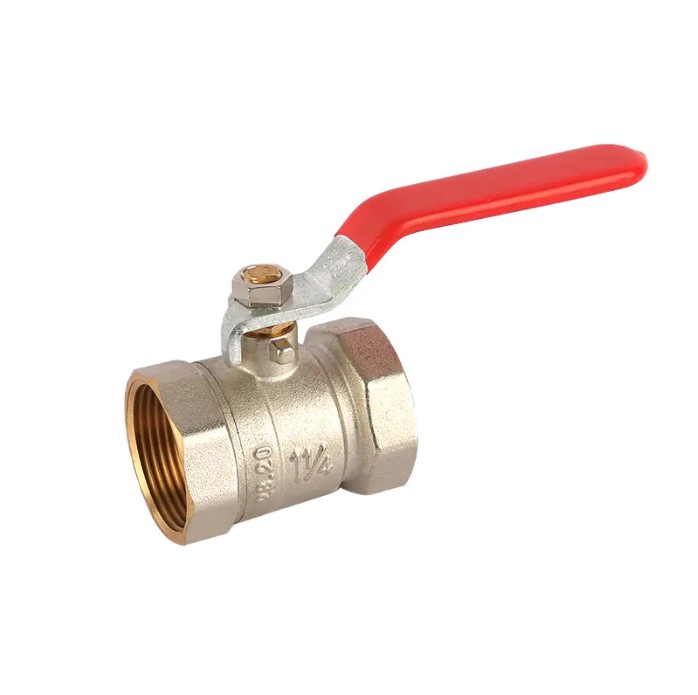Ball valves are an essential component in fluid control systems. They play a crucial role in regulating, controlling, and directing the flow of various liquids and gases. With their unique design and functionality, ball valves offer numerous advantages that contribute to the efficiency of fluid control systems.
At its core, a ball valve consists of a hollow sphere (the ball) with a hole in the center. This ball has a passage or port that enables the flow of fluids. The ball is connected to a lever or handle that allows the user to rotate it to control the flow. When the ball's passage aligns with the pipe's openings, fluid can flow through, but when it is rotated 90 degrees, the flow is blocked effectively.
One of the primary advantages of a ball valve is its ability to provide excellent sealing. The ball, often made of metals such as stainless steel or brass, is pressed against the valve seat, creating a tight seal that prevents any leakage. This sealing capability ensures proper fluid control and minimizes any loss or waste of fluids, contributing to overall efficiency.
Another significant advantage of ball valves is their ability to handle high pressure and temperature. The sturdy construction of ball valves allows them to withstand the demanding conditions often present in fluid control systems. They can effectively operate in systems with high-pressure fluid flows, ensuring reliable performance and reducing the risk of system failures.
In addition to pressure and temperature resistance, ball valves offer low friction and smooth operation. The ball's rotation with the handle is effortless, allowing for quick and precise control over fluid flow. The smooth operation helps reduce the energy required to operate the valve, consequently more efficient fluid control systems.
The design of ball valves also allows for quick and easy maintenance. Their simple construction allows for easy disassembly and inspection, facilitating any necessary repairs or replacements. This ease of maintenance ensures that any issues can be resolved promptly, minimizing downtime and optimizing the overall efficiency of the fluid control system.
Furthermore, ball valves are versatile and can be used in a wide range of applications. They are suitable for both on/off and throttling applications, making them adaptable to various control needs. Ball valves can handle different types of fluids, including corrosive substances, and are commonly used in industries such as oil and gas, water treatment, chemical processing, and more.
The use of ball valves in fluid control systems also contributes to system safety. With their tight sealing capabilities, ball valves effectively prevent any leakage or unwanted flow of fluids. This reduces the risk of accidents, contamination, and damage to equipment or the environment. By ensuring the safety of the fluid control system, ball valves promote overall efficiency and reliability.
In conclusion, ball valves play a vital role in efficient fluid control systems. Their excellent sealing capabilities, resistance to high pressure and temperature, low friction operation, easy maintenance, and versatility make them a preferred choice in various industries. The use of ball valves optimizes fluid control, reduces waste, ensures system safety, and ultimately enhances the overall efficiency of fluid control systems.

 English
English русский
русский Deutsch
Deutsch












